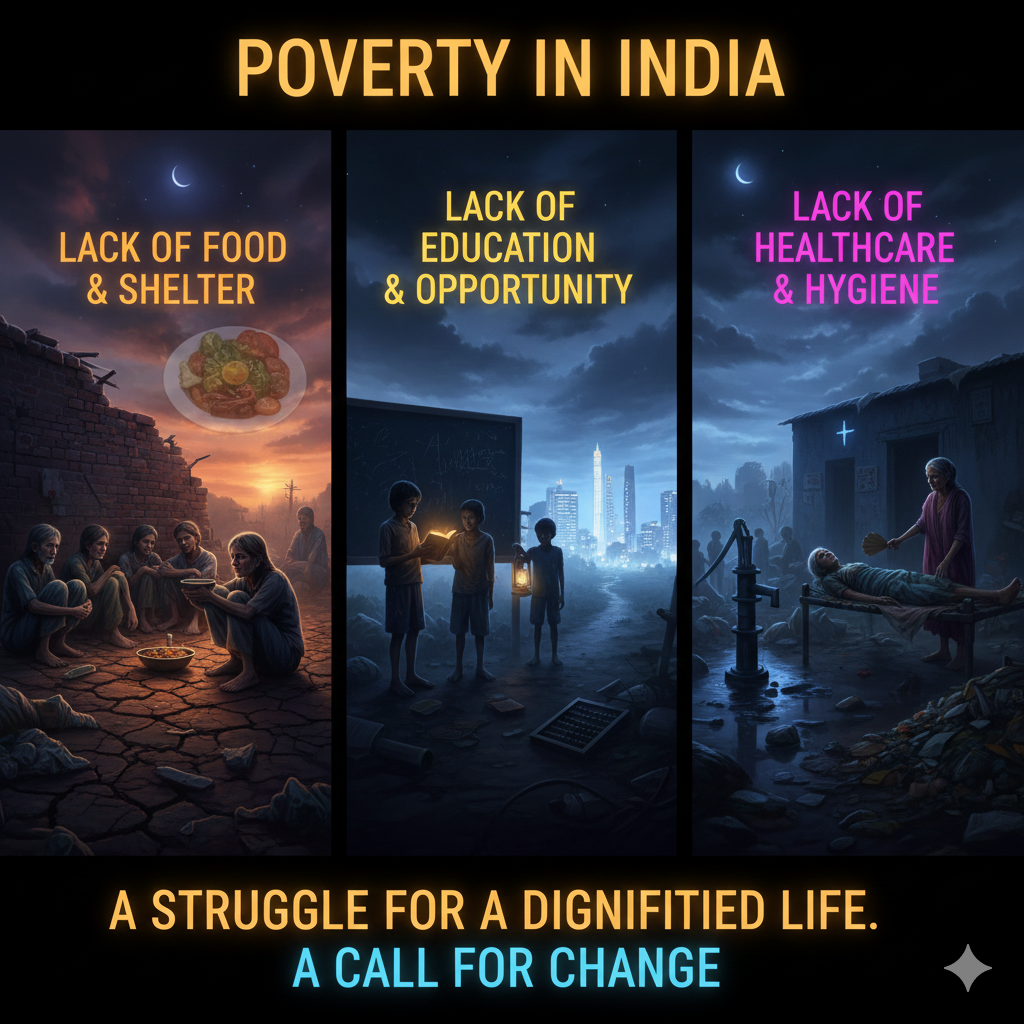The economic crisis in Sri Lanka has been one of the most significant financial and political upheavals in recent history. The small island nation faced a catastrophic collapse of its economy in 2022, leading to widespread protests, food shortages, and a political crisis. While the immediate impacts were most keenly felt within Sri Lanka, the crisis reverberated across the globe, affecting economies, international policies, and global trade dynamics. This article explores the far-reaching implications of Sri Lanka’s economic crisis on the world.
1. Introduction to Sri Lanka’s Economic Crisis
Sri Lanka’s economic crisis was rooted in a mix of structural weaknesses, unsustainable fiscal policies, and external shocks. Key factors include:
- Mounting Debt: Sri Lanka accumulated massive external debt over the years, particularly through loans from China and other international lenders for infrastructure projects.
- Foreign Exchange Reserves Depletion: The country faced a severe shortage of foreign exchange reserves, making it difficult to import essential goods such as fuel, medicine, and food.
- COVID-19 Pandemic: The pandemic disrupted tourism, a major source of foreign income, and further exacerbated the financial stress.
- Policy Failures: Tax cuts and sudden decisions like banning chemical fertilizers strained agricultural output and government revenue.
2. Economic Ripple Effects Across the World
a) Disruption of Global Trade Routes
Sri Lanka’s strategic location in the Indian Ocean makes it a critical node for global shipping routes. The country’s inability to manage port operations during the crisis disrupted maritime trade, causing delays and higher shipping costs.
- Impact on Shipping Costs: Ports like Colombo, a transshipment hub, faced operational slowdowns. This increased the cost of goods transported through the region.
- Ripple Effects on Neighboring Countries: India, Bangladesh, and other South Asian nations reliant on Colombo for transshipment experienced delays and trade inefficiencies.
b) Strain on Global Debt Markets
Sri Lanka’s default on its $51 billion foreign debt in 2022 was a wake-up call for international lenders and developing nations.
- Investor Sentiment: Sri Lanka’s default caused increased scrutiny of other emerging markets with high debt levels, leading to higher risk premiums.
- Spillover to Other Economies: Countries with similar vulnerabilities, such as Pakistan and Zambia, faced heightened fears of default, leading to economic turbulence.
c) Impact on Food Security
The crisis highlighted vulnerabilities in global food supply chains.
- Fertilizer Ban Consequences: The abrupt ban on chemical fertilizers severely affected Sri Lanka’s agricultural output, particularly tea and rice. This caused a decline in exports and affected global markets for tea, a major commodity.
- Global Food Prices: Reduced agricultural output and rising import needs from Sri Lanka contributed to increased demand for food in global markets, driving prices higher.
3. Geopolitical Implications
a) Influence of Major Powers
The crisis provided an opportunity for global powers to assert their influence in Sri Lanka.
- China’s Role: China had lent billions to Sri Lanka for infrastructure projects under its Belt and Road Initiative. The economic collapse raised concerns about “debt trap diplomacy” and sparked criticism of China’s lending practices.
- India’s Intervention: India stepped in with emergency aid, including financial assistance and essential goods, to stabilize Sri Lanka. This reinforced India’s influence in South Asia.
- Western Response: The U.S., EU, and international organizations like the IMF also played roles in aiding Sri Lanka, linking assistance to economic reforms and governance improvements.
b) Shift in Regional Dynamics
The crisis reshaped regional alliances and policies:
- South Asian Cooperation: The crisis underscored the importance of regional financial stability. Organizations like SAARC and BIMSTEC were urged to take proactive roles in preventing such crises.
- Lessons for Other Nations: Neighboring countries like Pakistan and Bangladesh closely analyzed Sri Lanka’s missteps to avoid similar pitfalls.
4. Impacts on International Organizations and Aid Policies
The Sri Lankan crisis forced a reevaluation of global financial and aid frameworks:
- IMF and World Bank Involvement: Sri Lanka’s negotiations with the IMF brought to light the challenges of restructuring sovereign debt and coordinating creditors. This set a precedent for how international institutions handle similar crises.
- Calls for Debt Relief Reform: Advocacy for more inclusive and equitable debt relief mechanisms grew stronger, emphasizing the need for cooperation among private and public creditors.
5. Environmental and Social Repercussions
a) Environmental Concerns
The crisis had indirect effects on global environmental policies:
- Energy Shortages: Sri Lanka’s reliance on fossil fuel imports led to energy crises, sparking discussions about renewable energy adoption in developing countries.
- Climate Vulnerability: As a climate-vulnerable nation, Sri Lanka’s struggles highlighted the interplay between economic fragility and climate adaptation needs.
b) Social Impact and Global Awareness
The crisis drew global attention to issues like inequality and governance:
- Protests and Political Change: Sri Lanka’s mass protests against corruption and mismanagement became a symbol of people’s power, inspiring movements in other nations.
- Awareness of Economic Inequality: The crisis exposed disparities in global economic systems, prompting calls for fairer trade and investment practices.
6. Lessons Learned and Policy Recommendations
The global impact of Sri Lanka’s economic crisis offers valuable lessons:
- Debt Management: Countries need to prioritize sustainable borrowing and diversify their sources of income to avoid over-reliance on debt.
- Crisis Preparedness: Early warning systems for economic instability should be strengthened at regional and global levels.
- International Cooperation: The crisis underscored the importance of multilateral efforts in addressing global economic challenges.
- Focus on Sustainable Development: Policies promoting environmental sustainability and resilience can mitigate the impacts of future crises.
7. Conclusion
The economic crisis in Sri Lanka serves as a stark reminder of the interconnectedness of today’s global economy. While the immediate consequences were felt locally, the ripples extended far beyond the country’s borders, affecting trade, geopolitics, and international financial systems. Addressing the root causes of such crises and fostering international cooperation is essential to prevent similar disruptions in the future.
By learning from Sri Lanka’s experience, the global community can work towards building a more resilient and equitable economic system.




